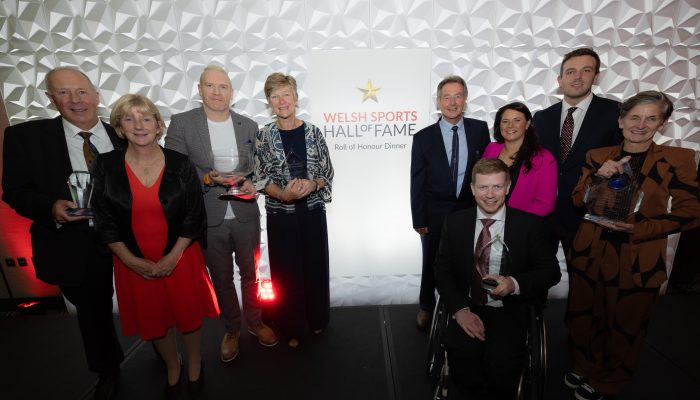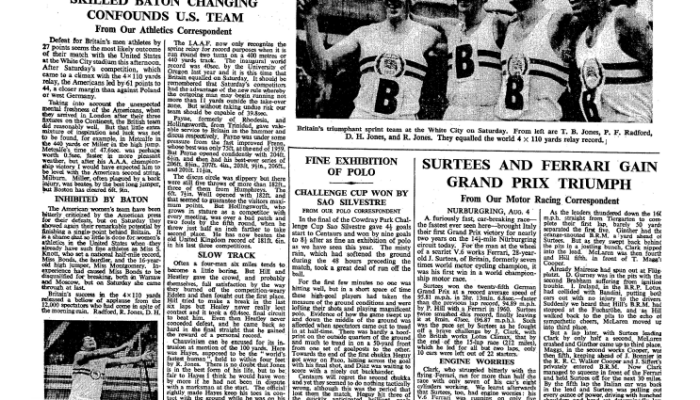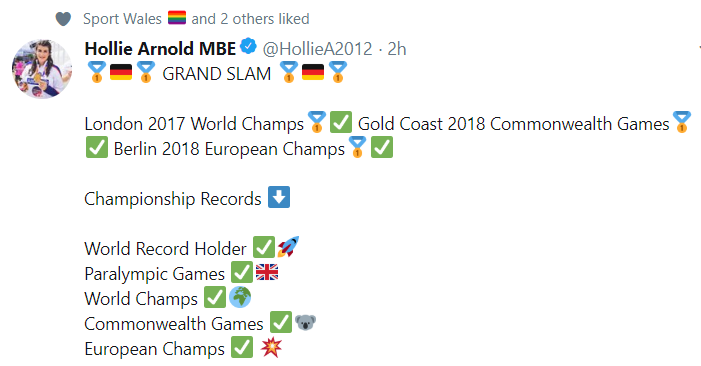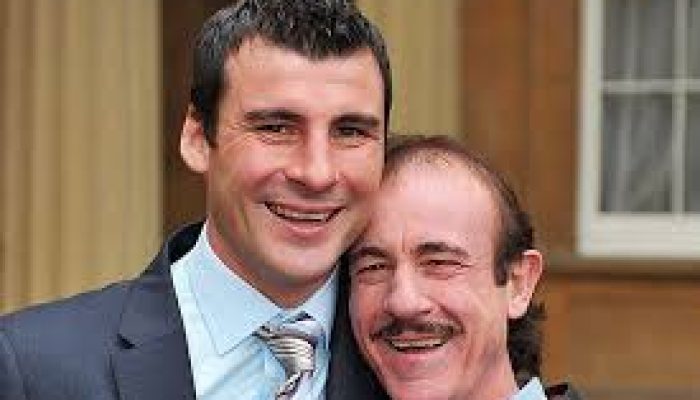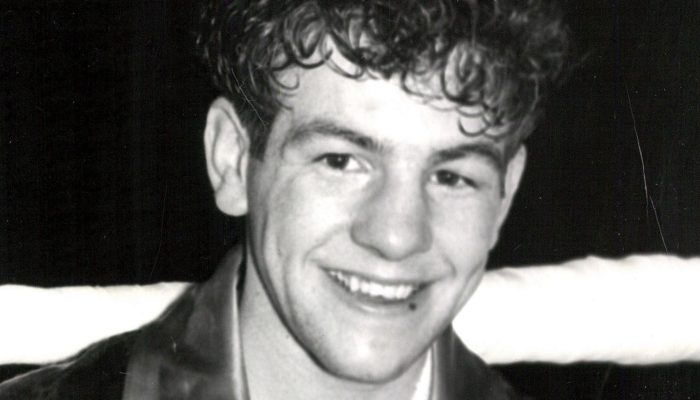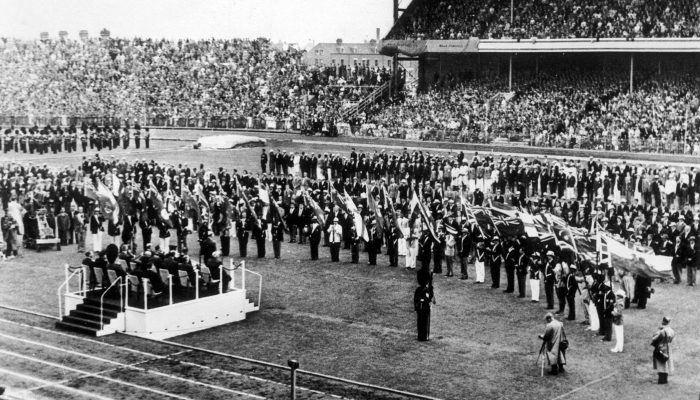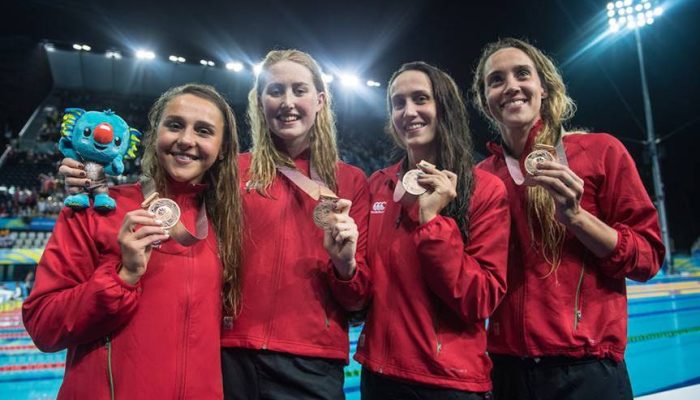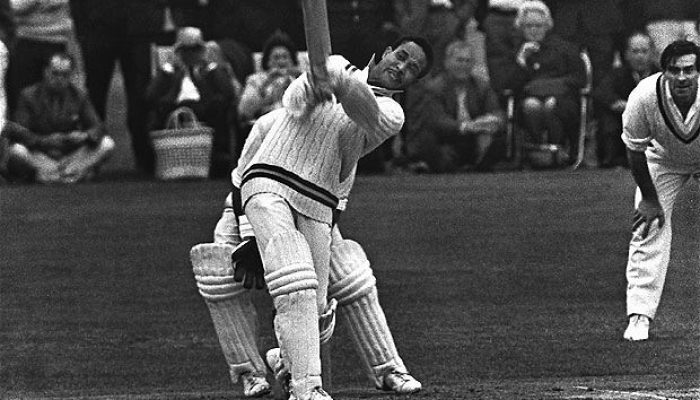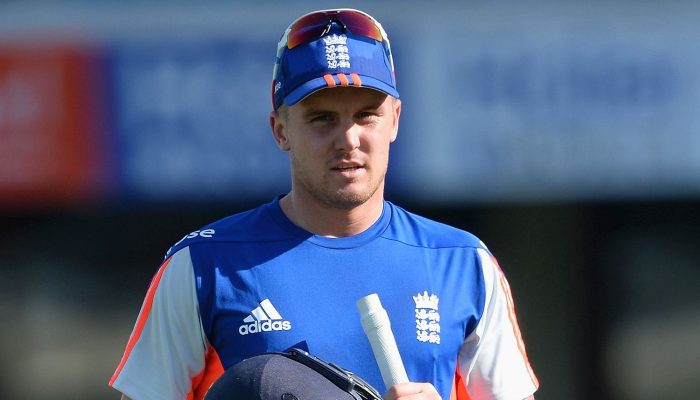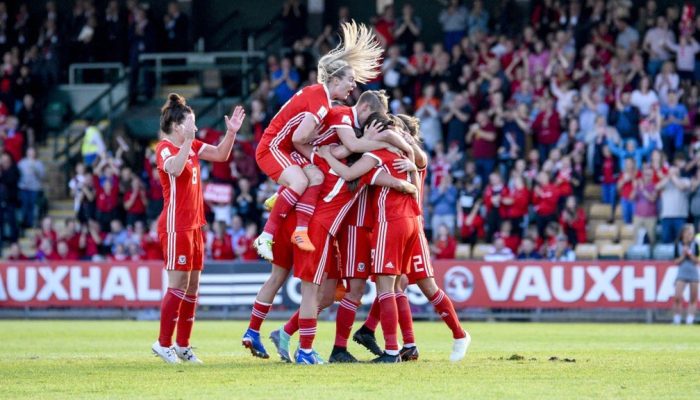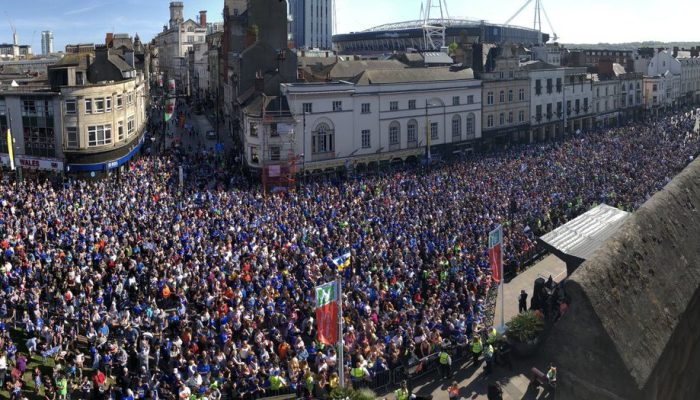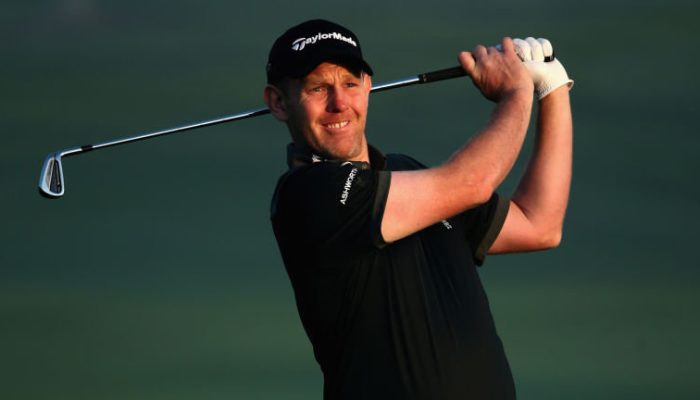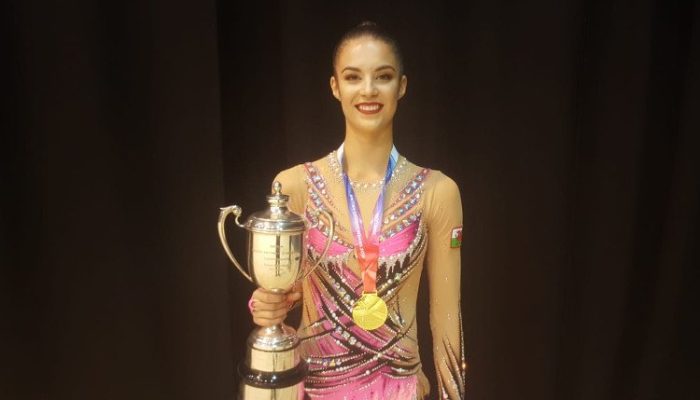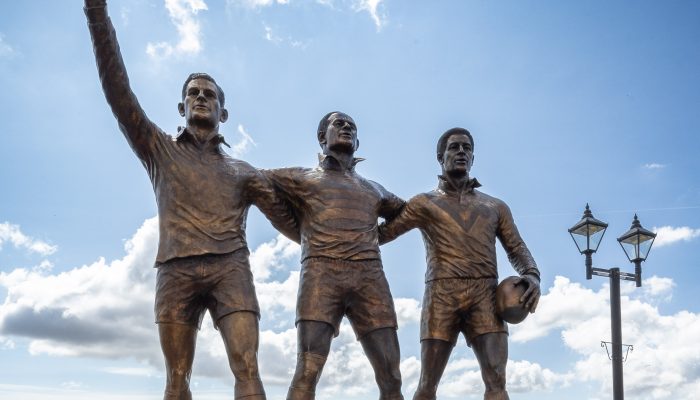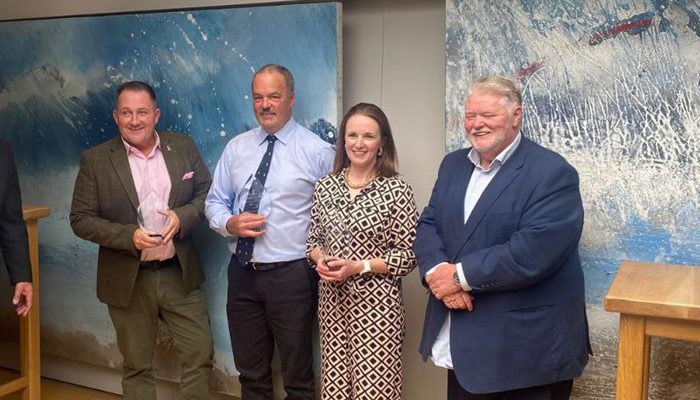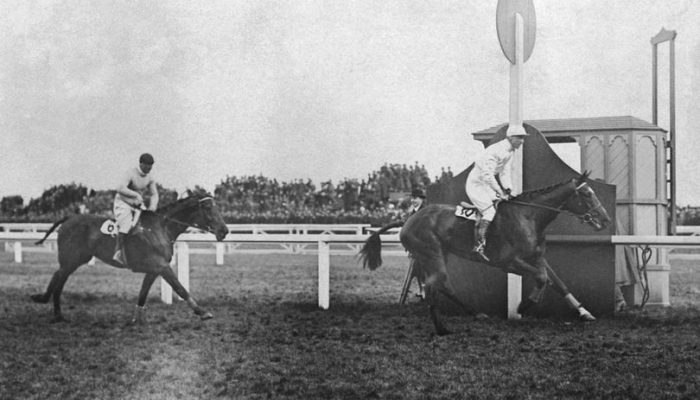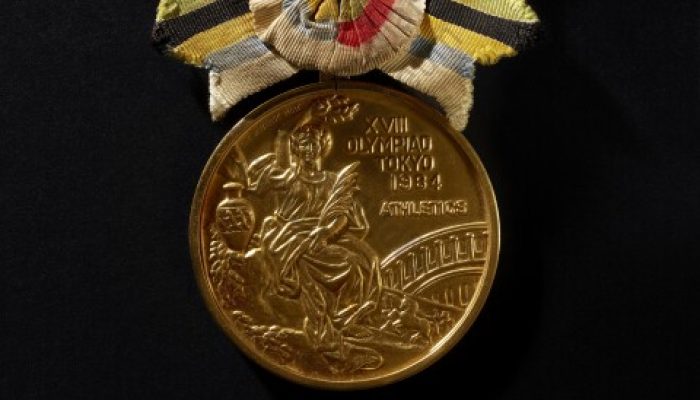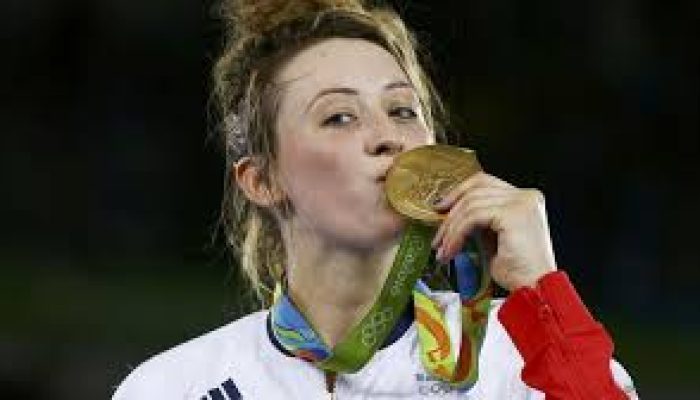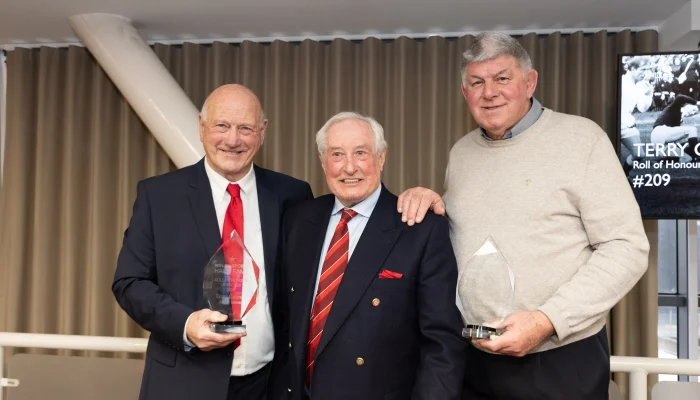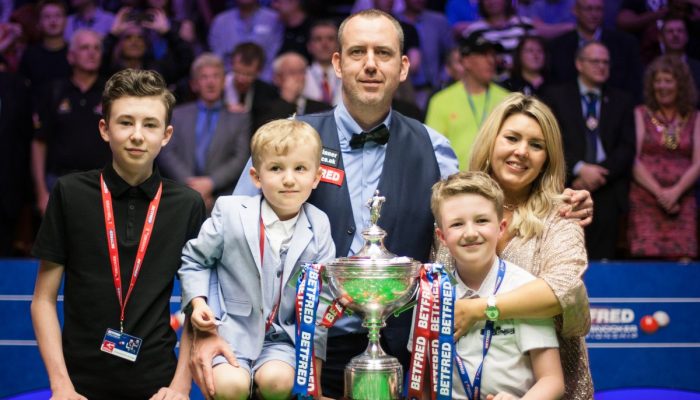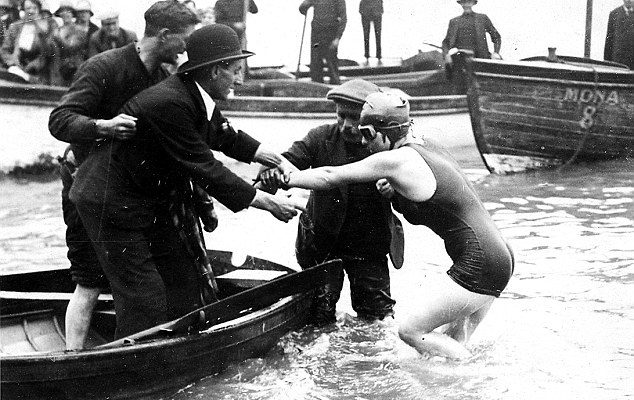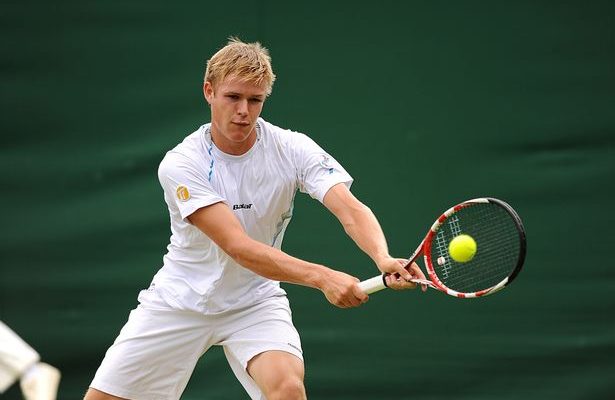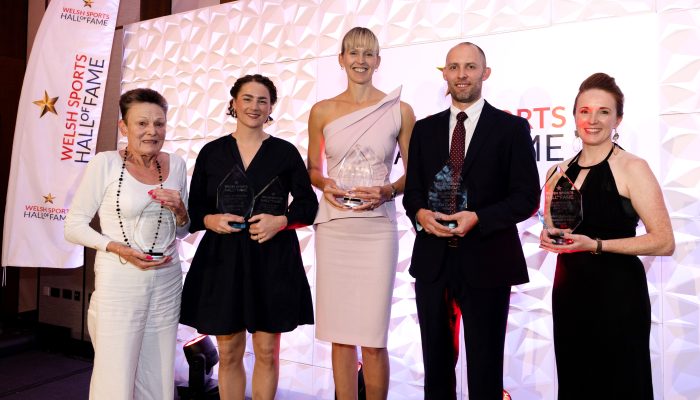
Welsh Sports Hall of Fame Celebrates ‘Roll of Honour’ 35th Anniversary
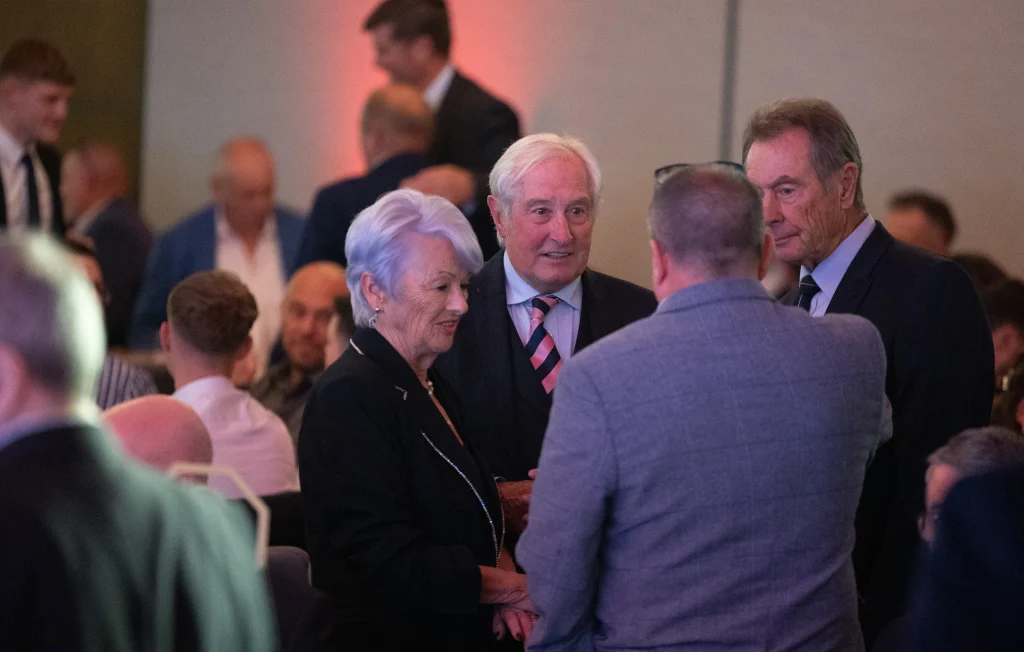

The Welsh Sports Hall of Fame celebrated the 35th anniversary of its ‘Roll of Honour; at The Parkgate Hotel this week by inducting his 200th member.
On a spectacular night in the Welsh capital two Olympic gold medallists, a former British and Commonwealth heavyweight boxing champion, a four-time Winter Olympian, two more Olympic medalists and a world athletics champion were added to the most exclusive list in Welsh sport.
WSHoF chair Phil Davies was bursting with pride as he announced magnificent seven additions on the night not only took the ‘Roll of Honour’ tally up to 206 in 35 years but also meant 53 golden greats had been added in the past three years alone.
The 206 are now drawn from 33 different sports, displaying the full array of world class sporting talent produced by Wales. The Winter Olympic sports of Bobsleigh and Skeleton were the two new additions on the night.
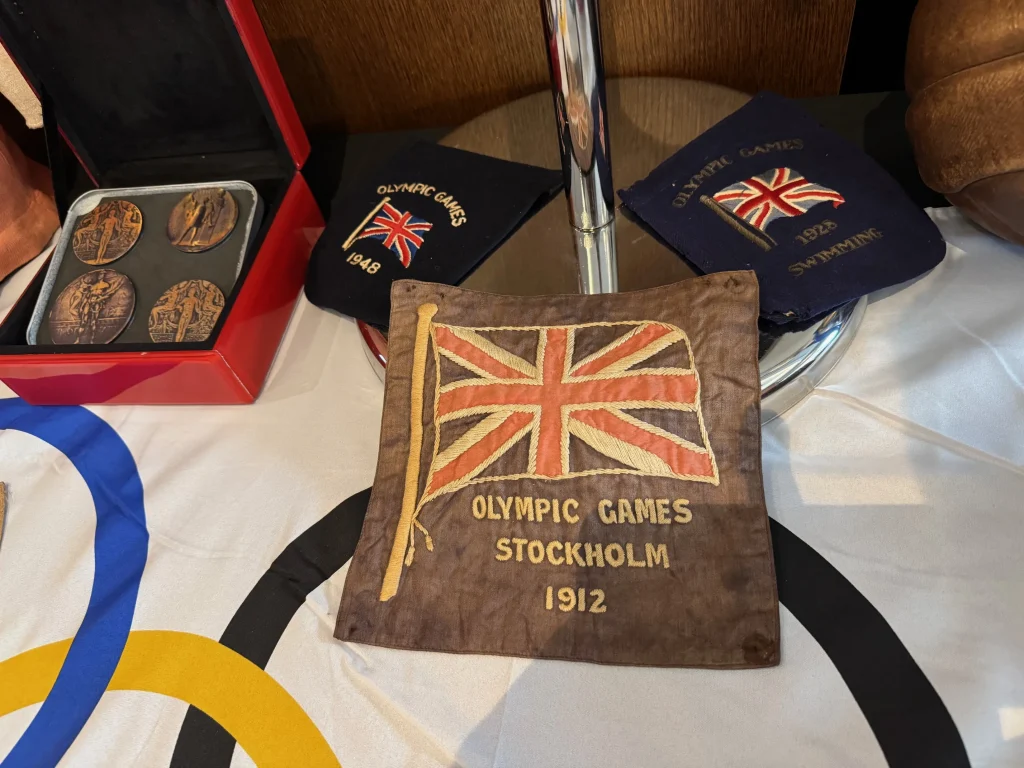
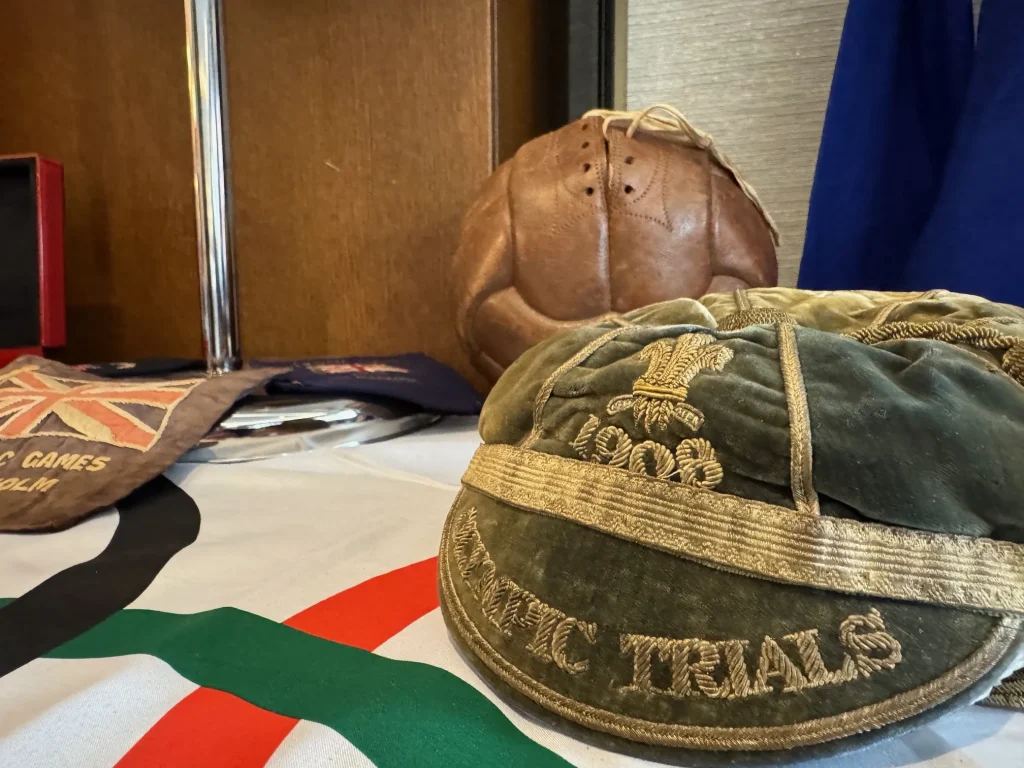
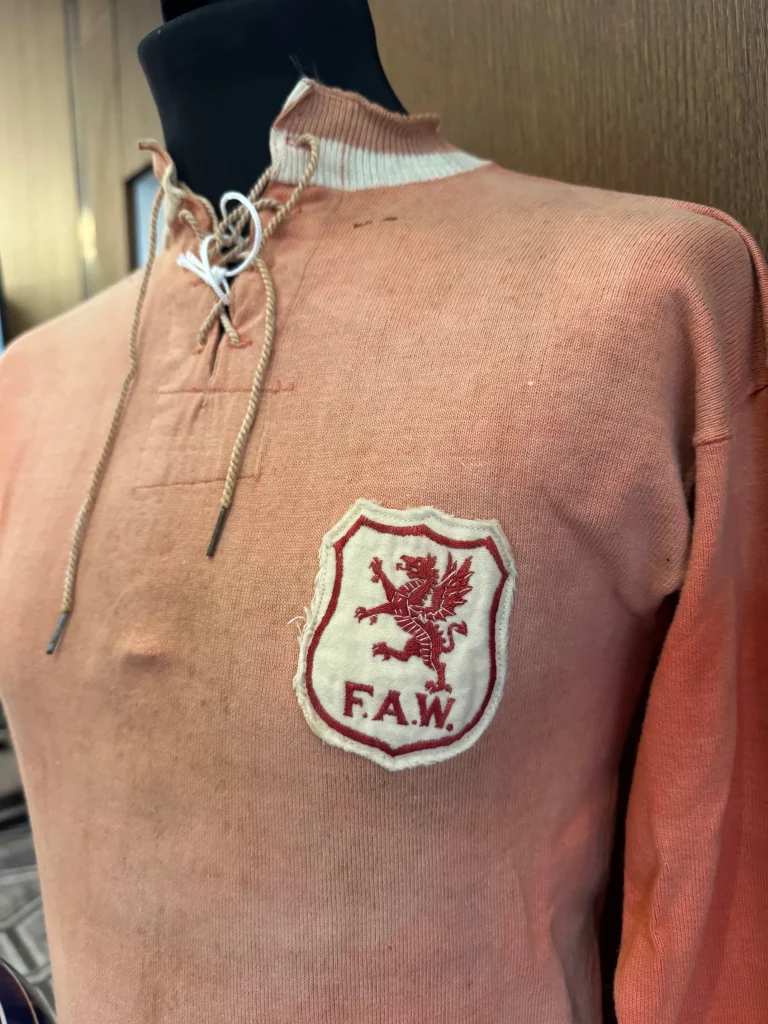
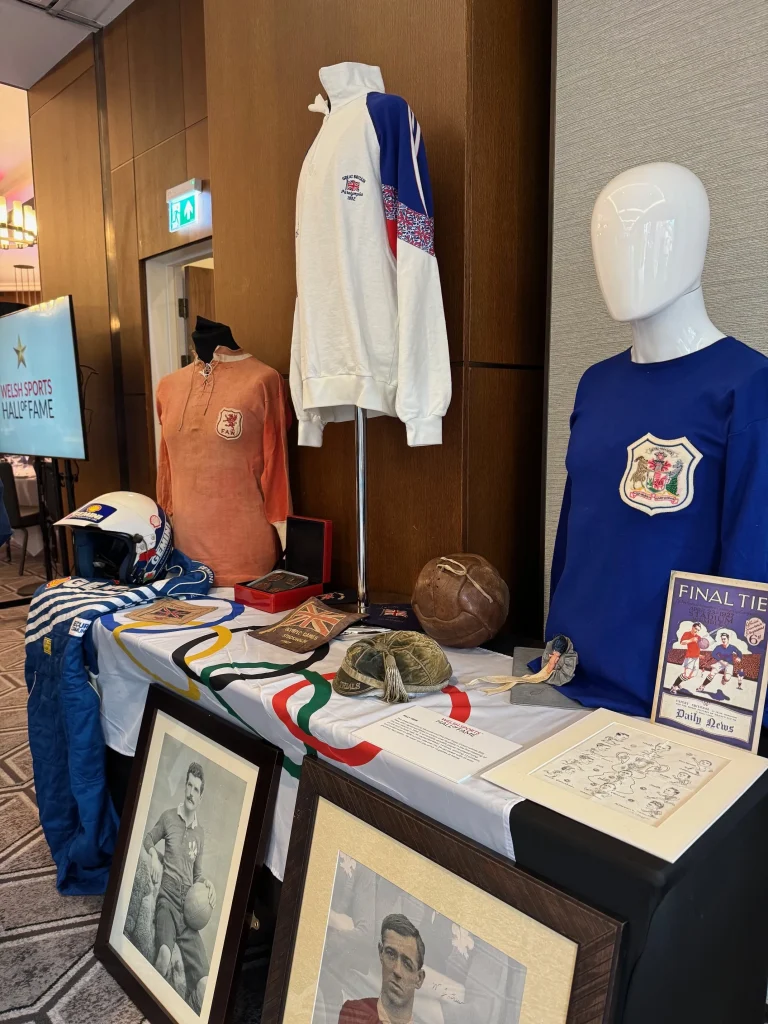
The evening began with three of this year’s additions to the ‘Roll of Honour’, rally ace Dai Llewellin, adventure and mountaineer Tori James and Glamorgan and England batting star Matthew Maynard, taking to the stage flanked by two Welsh Guardsmen.
James then returned to the stage to read the citation for the first two new members, Brigadier Charles Bruce and Captain Geoff Bruce. They were both members of the British Everest expeditions in 1922 and 1924.
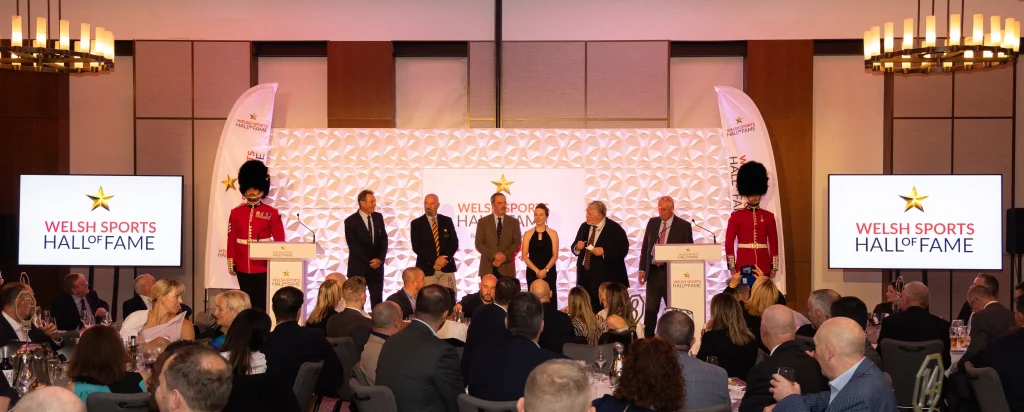
James became the first Welsh woman to reach the top of Everest, and the youngest British female at the age of 25, in 2007, and explained the background to how the two cousins ended up being awarded Olympic gold medallists by Baron de Coubertin at the inaugural Winter Olympics in Chamonix in 1924.
“In 1921 the British had sent a reconnaissance team to scope out Everest and then there were two major attempts to conquer it in 1922 and 1924. Both expeditions were headed by a Welshman, Brigadier Charles Bruce,” said James,
“Charles Bruce was the third son of the first Lord Aberdare and became a professional soldier who was highly decorated in campaigns in Burma, Afghanistan, Egypt, Gallipoli and India. He was made commander of those first two Everest expeditions.
“In those days, expeditions were arranged by the British Royal Geographic Society and the Alpine Club in a joint Mount Everest committee. Bruce was president of the Alpine Club between 1923-1925.
“Joining him on both adventures was his cousin, Geoff Bruce, who was born in St Hilary, Glamorganshire. He, too, was a professional soldier, a captain in the army, and went on the initial trip as a translator and general organiser.
“Seven sherpas perished in 1922 and in 1924 both George Mallory and Andrew Irvine were lost as they attempted to summit. Mallory’s remains were found in 1999 while a boot belonging to Irvine was uncovered last year.
“Goff Bruce was roped into an assault on the peak in 1922 and went to within 122 metres of the top in conjunction with George Finch, reaching 8,326 metres. The two men used oxygen bottles to aid their effort, but two years later Bruce created a world record by reaching 8,170 metres with the unfortunate Mallory without the use of oxygen.
“The Olympic gold medal for Alpinism was presented to 1922 team member George Strutt in Chamonix. There were 13 medals struck to hand out to the British team members, with both Charles and Geoff Bruce received one each.”
The daughter and grandson of one of Wales’ best loved boxers, Joe Erskine, received his trophy for becoming the first boxer in 11 years to be added to the ‘Roll of Honour’. Sonia and Mark Burgess not only received his posthumous award but also left with a framed boxing bill from one of his 54 fights.
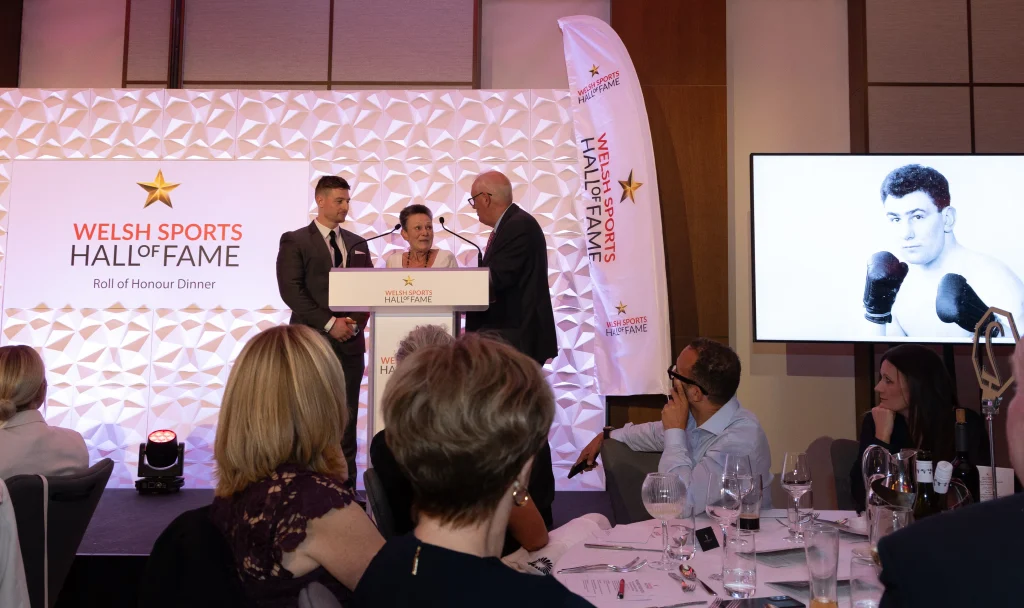
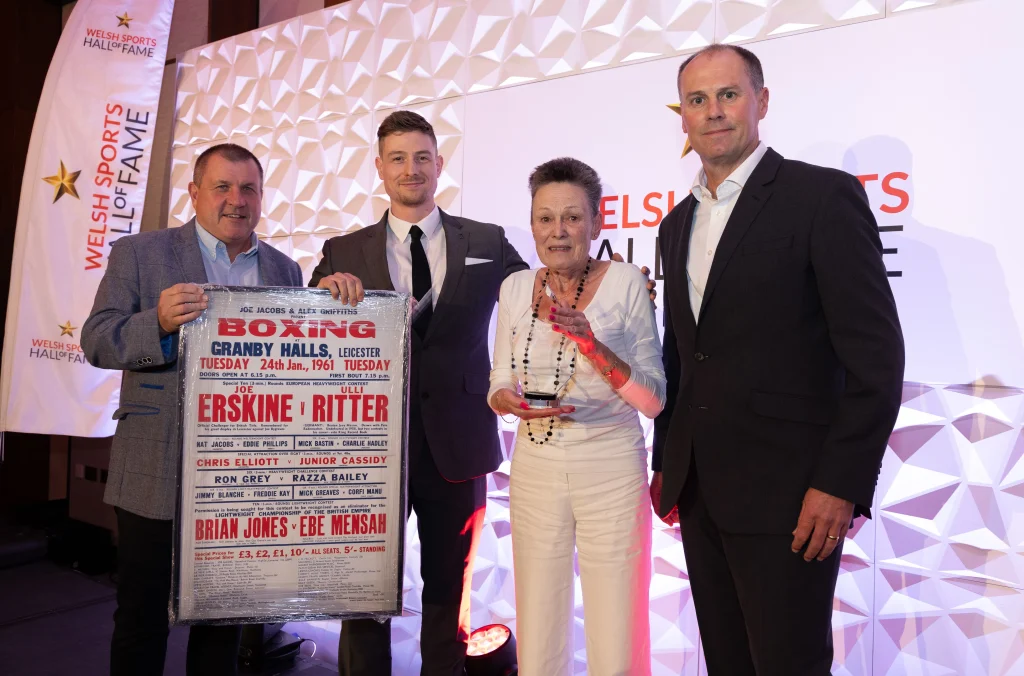
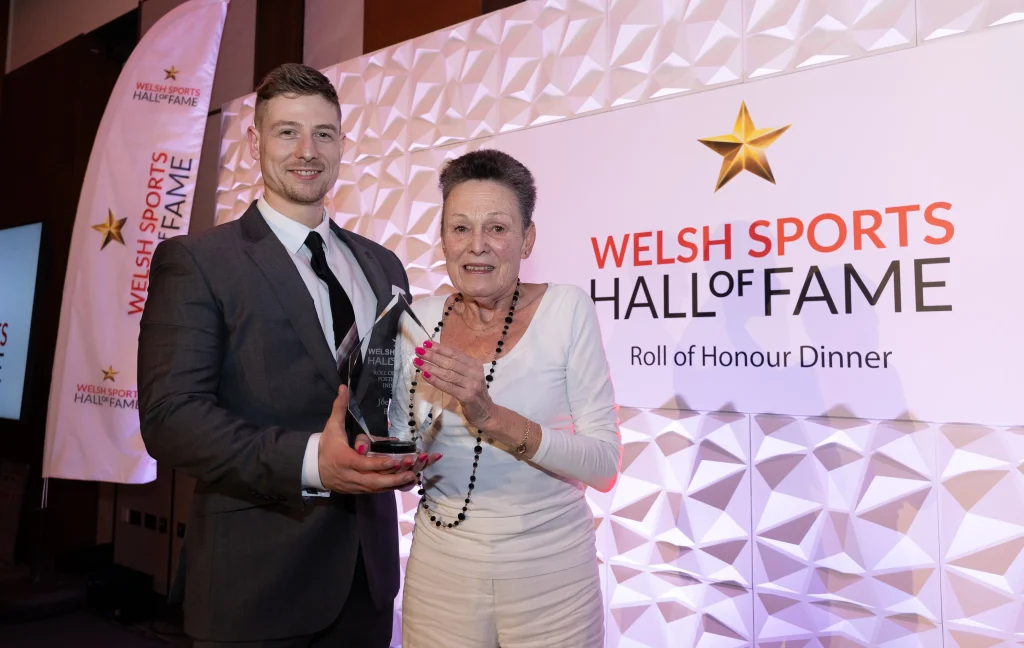
Born in Cardiff in 1953, Erskine became the ABA, Inter-Services and British Army champion in 1953. His first professional fight was in 1954 when he knocked out Alf Price in the second round on 9 March 1954.
He went 30 fights undefeated and beat Henry Cooper in an eliminator on his way to winning the British Heavyweight title against fellow Welshman Johnny Williams at Maindy Stadium on 27 August 1956. That made him only the fourth Welshman to hold the title after Jack Petersen, Tommy Farr and Williams himself.
He added the British Empire & Commonwealth title when he beat Cooper for the second time at the Harringey Arena in 1957 and successfully defended against Joe Bygraves two months later.
He challenged the great Swede Ingemar Johansson, a former world champion, for the European title in 1958, but was eventually beaten in the 13th of 15 rounds. His final record ended as 45 wins and a draw in 54 professional bouts over a 10-year period.
The Winter Olympics featured prominently on the night as four-time British bobsleigher Gomer Lloyd, from Swansea, and the first Welsh woman to win a medal at the winter Games, Laura Deas, were inducted.
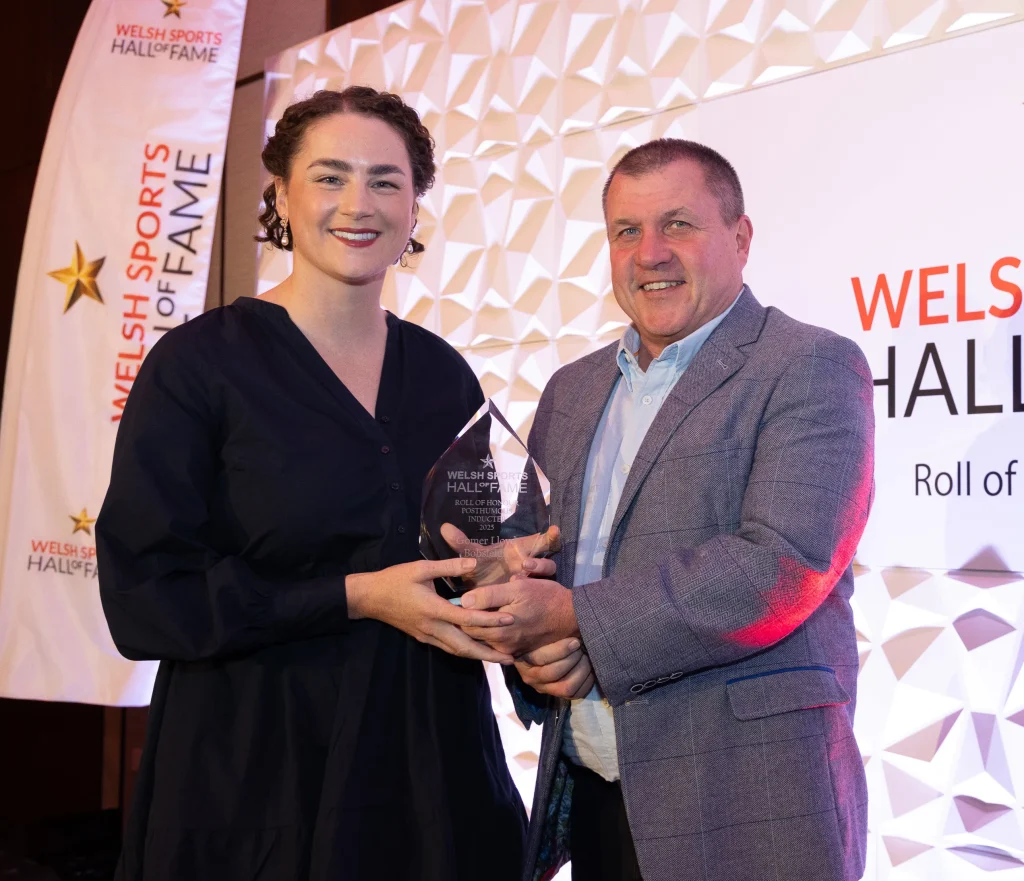
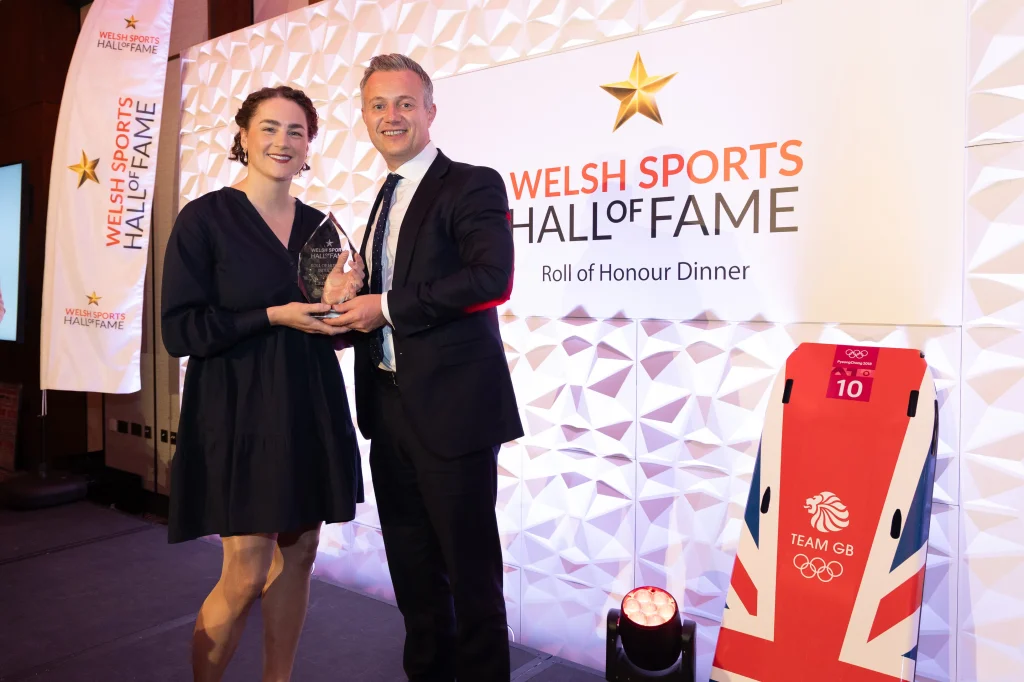
Lloyd made his first trip to the Winter Olympics in 1972, and he returned in 1976 and 1980 as a crew member in the British four-man bob. He was joined at all three events by Pontypridd’s Jackie Price, who served alongside him in the Queen’s Dragoon Guards.
In 1984 he became the first British bobsledder to compete at four Games when he piloted the two-man bob to a 10th place finish. After retiring from competition and from his military career the ebullient Lloyd remained in the sport as a coach.
In this capacity he helped the British women’s team win the world championship in 2009. He also worked as a national team coach for Canada, Italy, Monaco, and Russia and, at the time of his death from cancer in early 2016, was helping the South Korean team prepare for a home Olympics in Pyeongchang.
In his last races as coach at the beginning of the 2015-16 season, he helped the Koreans win their first World Cup medals.
After paying tribute to Lloyd, Deas was added to the list for her achievements in winning World Cup medals, competing at the 2018 and 2022 Games and winning a bronze in the Skeleton in Korea. Her account of heading head-first down at icy track at 90mph on her tiny sled brought gasps from the audience.
The final two additions of the night came from rowing and athletics. North Walian Victoria Thornley rowed at three Olympics, competing in an eight boat, winning a silver medal in the pairs with Dame Katherine Grainger in Rio in 2016, and then finishing fourth in the single sculls in Tokyo in 2021.
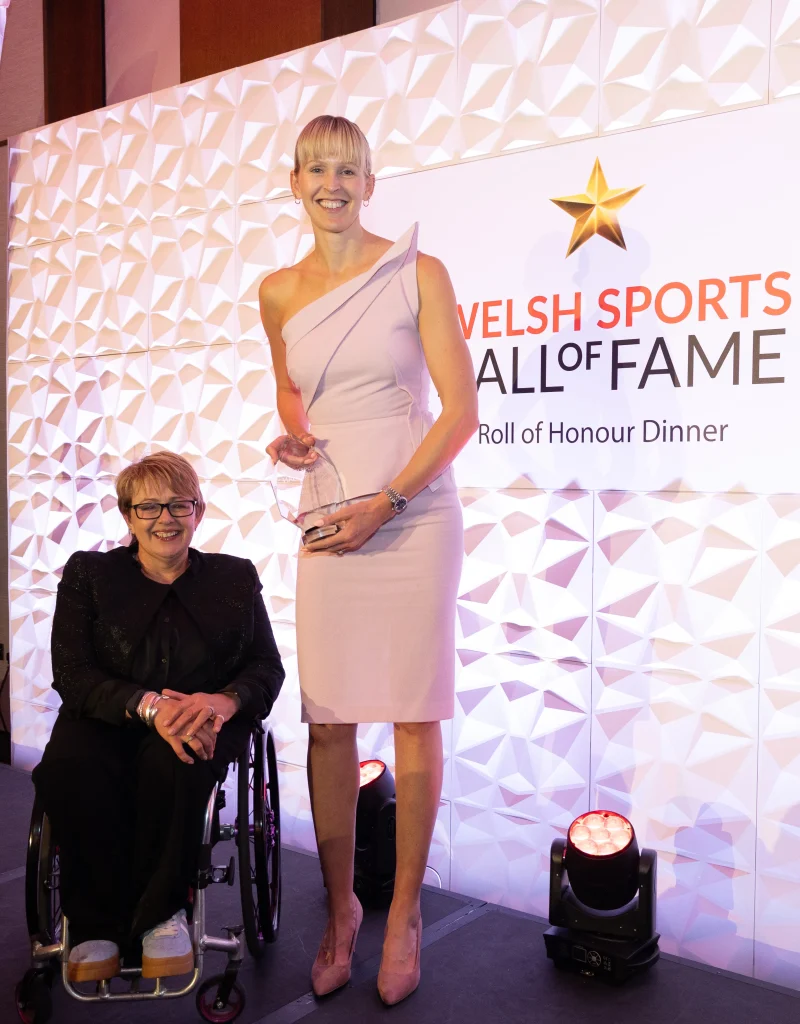
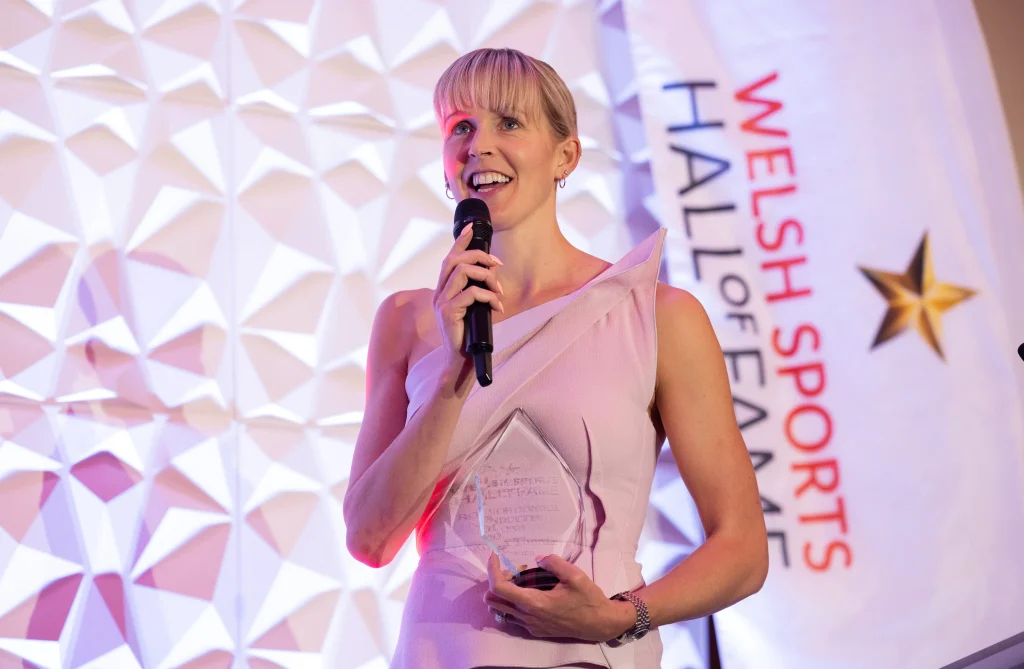
She joined a group of three rowers – Hugh Edwards, Albert Gladstone and Tom James – on the ‘Roll of Honour’ who between them won five Olympic gold medals.
Thornley’s standing in her sport was illustrated by the fact she became the first female captain of the Leander Boat Club in its 200-year history in 2018. She was a European champion, a World silver medalist and won six medals at major championships during her amazing 14-year career, including a World U23 level.
Dai Greene followed Colin Jackson by becoming only the second Welsh athlete to be crowned a world athletics champion in an individual event in 2011. In a ‘golden’ sixteen-month period between 2010 and 2011, he dominated his event at global level, winning every international title available in that period.
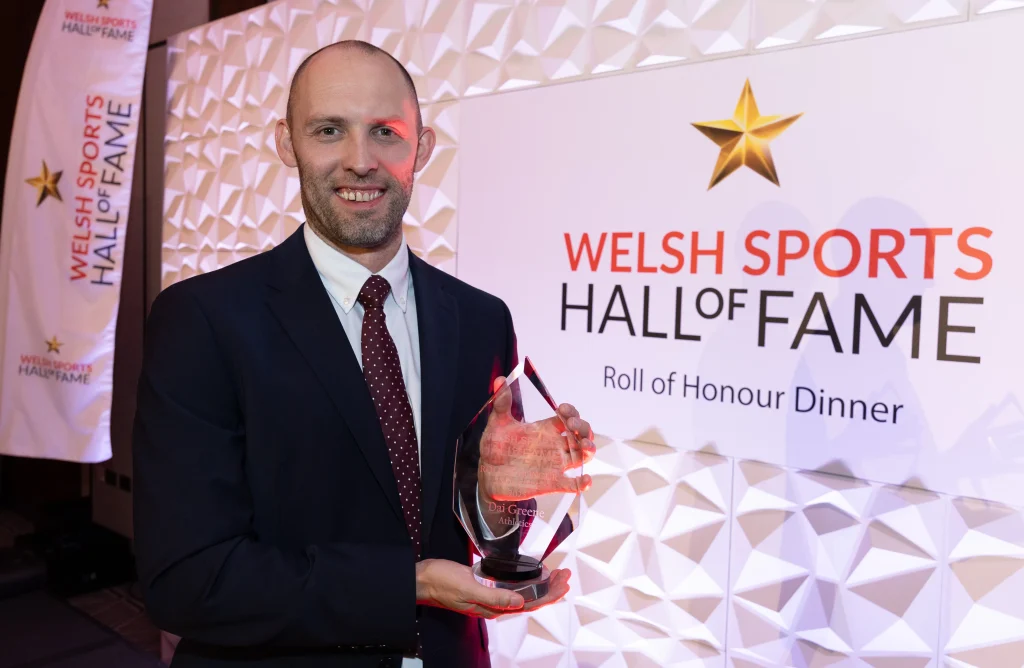
He won the World, European, Diamond League and Commonwealth Games titles in quick succession. He was also a winner for Europe in the Continental Cup and for Britain at the European team championships.
Only Jackson got close to that kind of world dominance when it comes to Welsh athletes. The only thing that eluded him was the British record held by Kris Akabusi, although he still ranks second on the all-time list.
His golden moment for Wales came in Delhi in 2010, when fellow Welshman Rhys Williams finished in third behind him in the 440 hurdles. That came two months after he had struck gold at the World Championships in Daegu.
He had won the European title in Barcelona a year earlier and was a Diamond League champion in 2011. Wales can now boast two indoor world champions in athletics – Jamie Baulch over 400 metres and earlier this year Jeremia Azu over 60 metres – while Jackson was twice outdoor champion in the 110 Hurdles and Baulch and Iwan Thomas were part of a British 4 x 400 relay team that struck gold.

